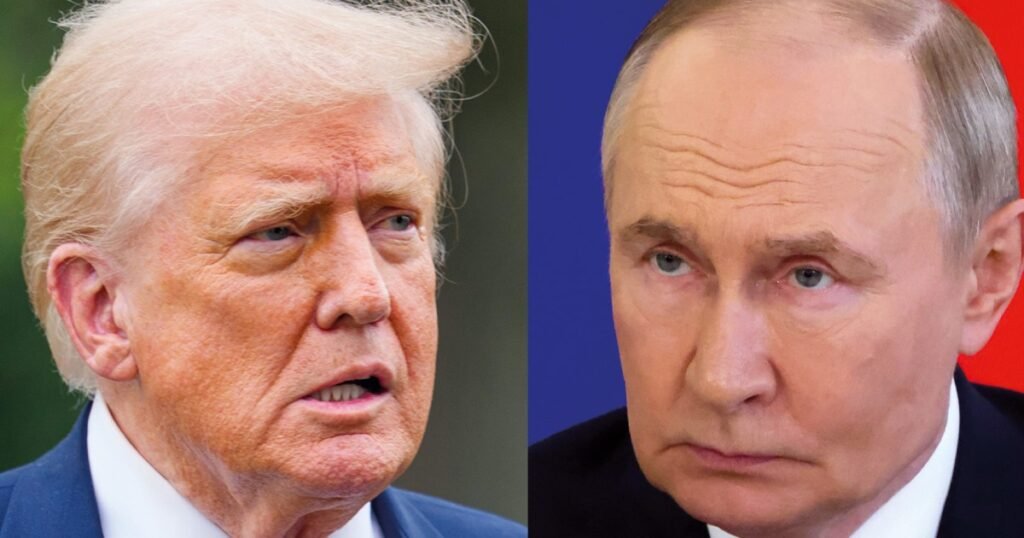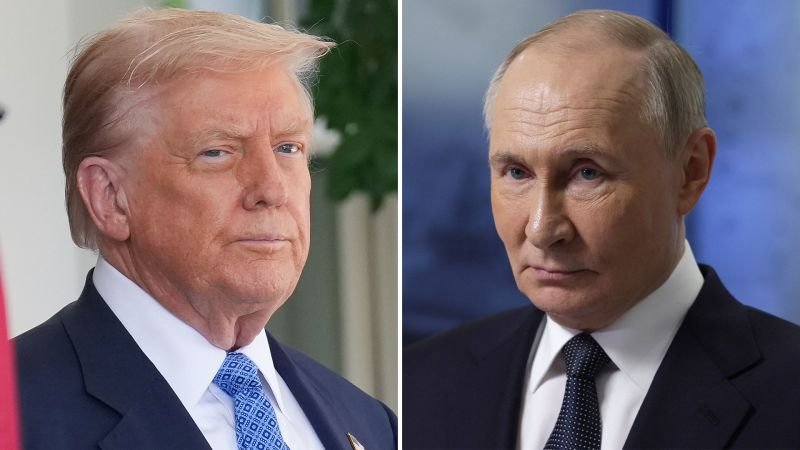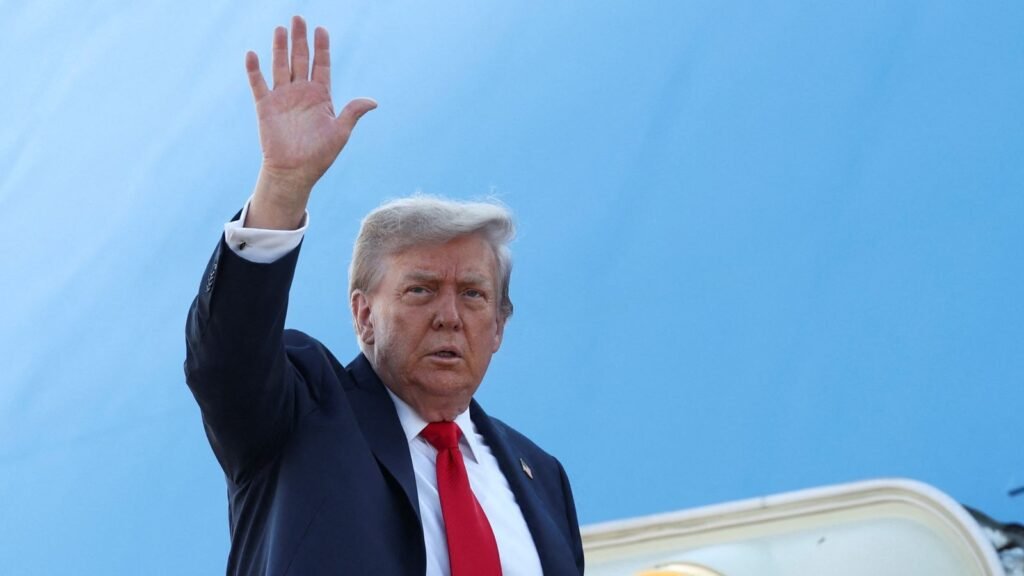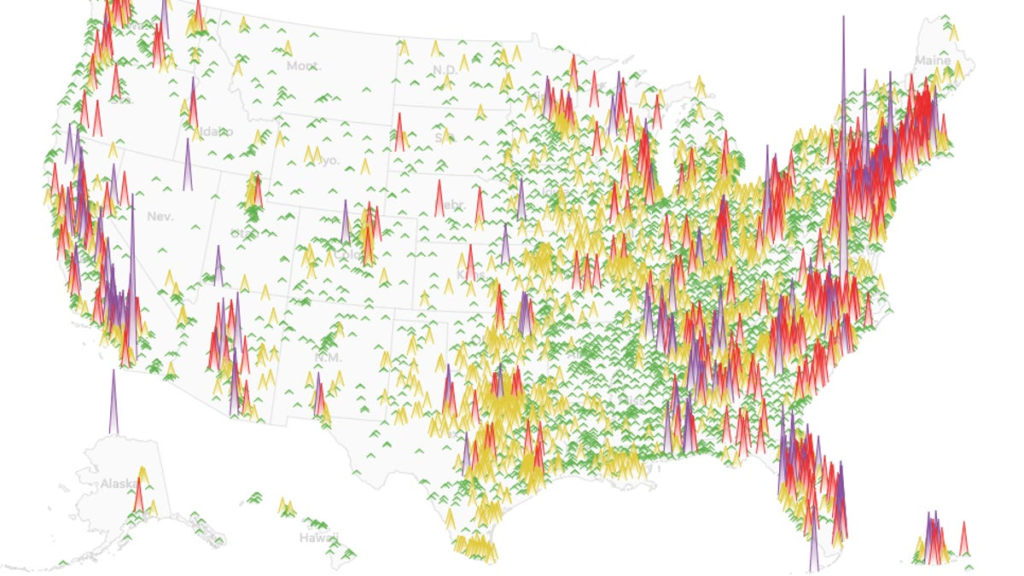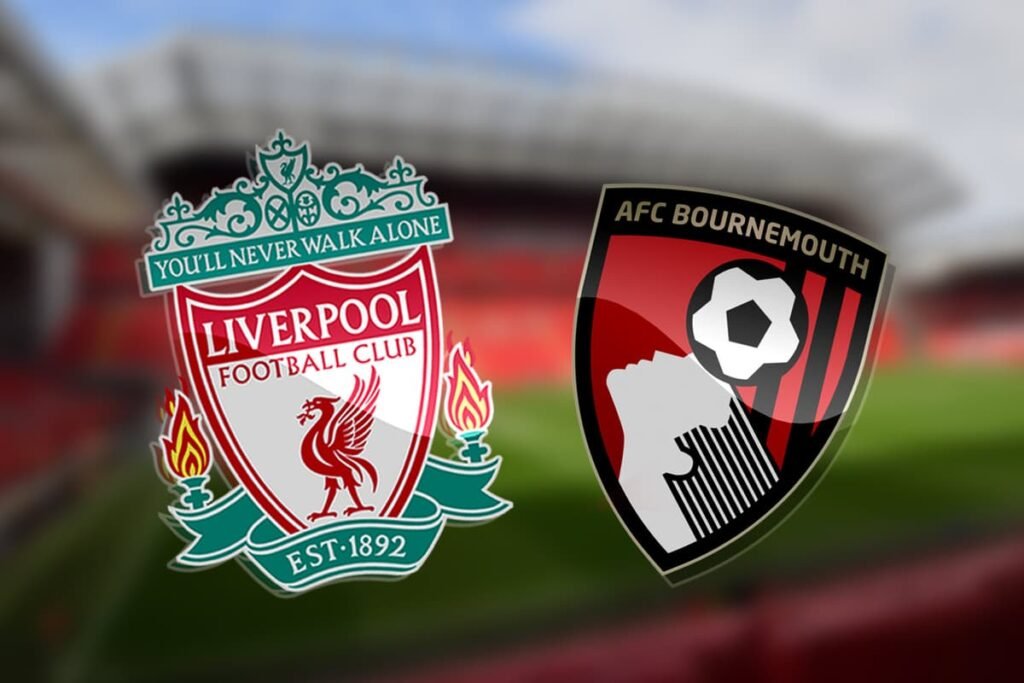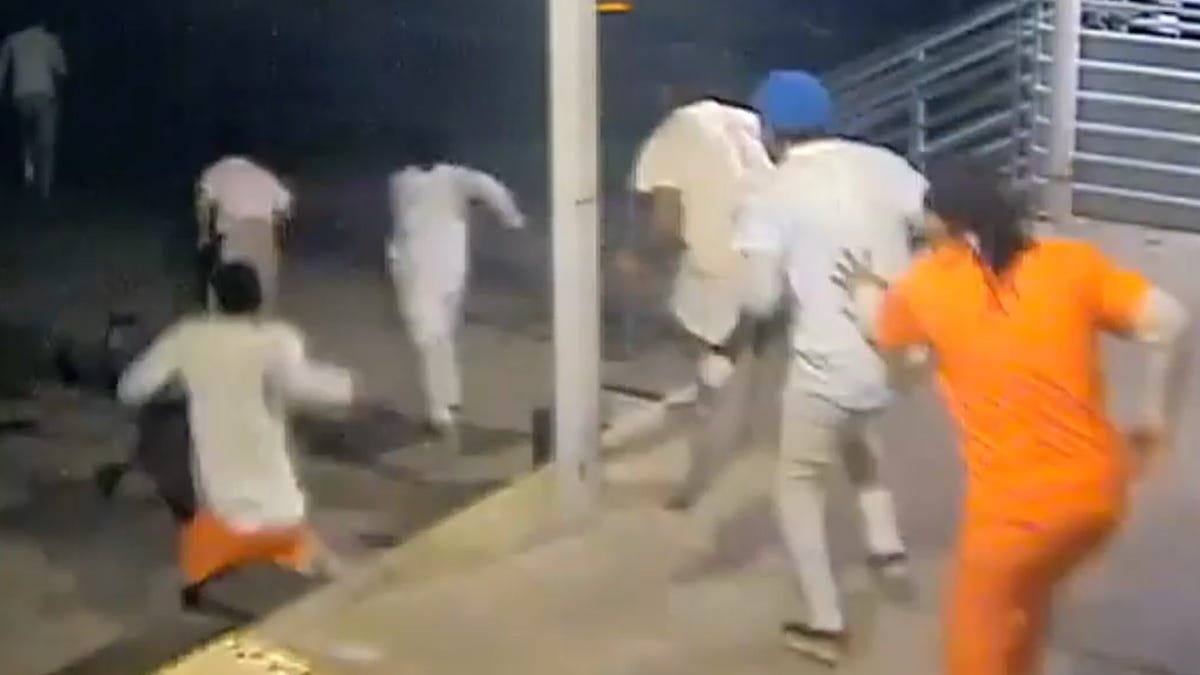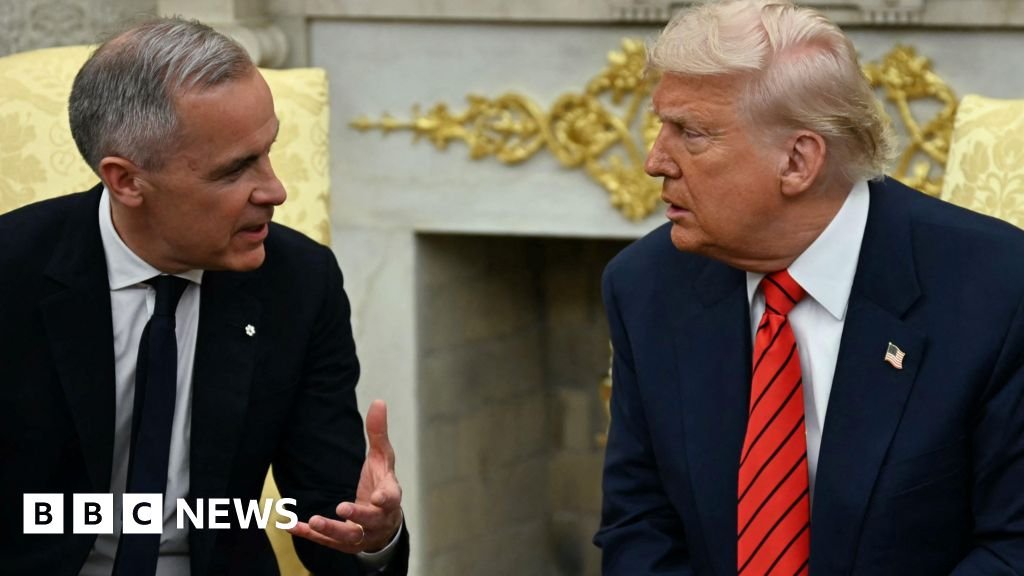Now Reading: No new excise policy for Delhi, current one to continue till March ’26 | World News
-
01
No new excise policy for Delhi, current one to continue till March ’26 | World News
No new excise policy for Delhi, current one to continue till March ’26 | World News
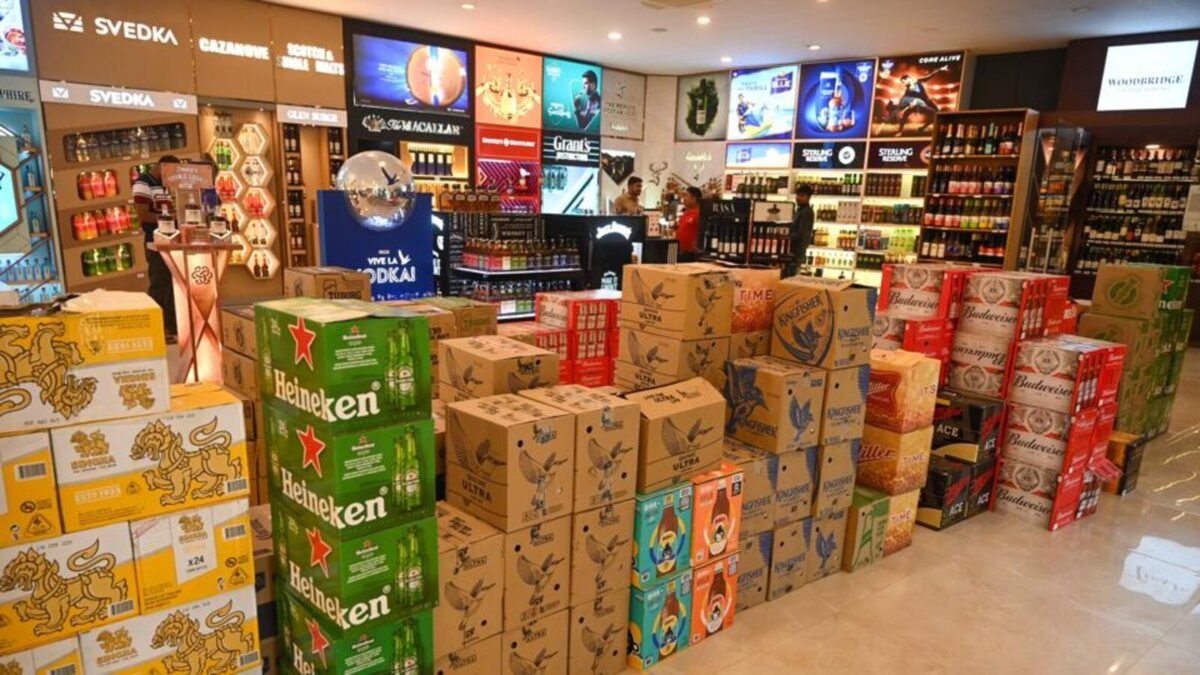
With no clarity on a new excise policy that has been under preparation for over 33 months, the Delhi government on Friday announced the extension of the existing liquor policy till March 2026 — one of the longest such extension since the scrapping of the 2021-22 excise regime in September 2022 following allegations of irregularities.

The extension means the city will continue to operate under the 2020-21 policy — which has already been extended five times.
The move, officials said, was necessary to ensure uninterrupted liquor supply as the current extension was set to expire on June 30.
The last implemented excise policy (2021-22) was withdrawn following allegations of irregularities in September 2022.
“The competent authority has granted approval for continuation of the excise duty-based regime… for the excise year 2025-26 (July 1, 2025 to March 31, 2026),” said a June 27 order issued by the excise department. It confirmed that wholesale licenses (L-1, L-1F), retail (L-2), hotel, club, and restaurant licenses would be renewed on existing terms upon payment of the applicable fees.
An excise official said licensees across all categories will need to renew their permits to continue operations, including Delhi government-run liquor vends.
The rollout of a new policy has now been stalled for nearly two years. Initially expected in late 2022, its drafting was delayed first due to ongoing probes into alleged corruption in the 2021-22 excise policy and later by the Lok Sabha elections in 2024, and assembly elections in early 2025. Following a CBI inquiry and the arrests of several Aam Aadmi Party (AAP) leaders, including then chief minister Arvind Kejriwal, the government reverted to the 2020-21 regime in September 2022.
The continued extensions have created supply issues, with many popular Indian and international liquor brands — especially premium whiskies, vodkas, and wines — frequently out of stock. Industry observers and consumers have urged the government to revamp the policy to match the more liberal excise regimes in neighbouring Uttar Pradesh and Haryana, where private retail players are allowed and customer experience is more robust.
Currently, only government-run liquor outlets operate in Delhi. While the current policy technically allows for private participation, no decision has been taken on whether to allow private players until the new policy is implemented.
The newly elected Bharatiya Janata Party (BJP)-led government in Delhi has said it is drafting a new excise regime that will focus on “transparency, quality, and accountability,” with improved consumer experience and safeguards for public health. A high-level committee headed by chief secretary Dharmendra is reviewing practices from other states and consulting stakeholders.
Chief minister Rekha Gupta recently told HT that the new policy aims to reduce business flight to neighbouring Gurugram and Noida. “It will enhance consumer experience while ensuring regulatory checks,” she said.
However, this policy appears to have been delayed for now.
A separate circular issued Friday added that all existing licenses, including L-6 (government retail), L-6FG (supermarkets), and L-10 (hotels/clubs/restaurants), would be renewed for the nine-month period starting July 2025, subject to compliance with the Delhi Excise Act, 2009, and Delhi Excise Rules, 2010.
Vinod Giri, director general of the Brewers Association of India, the extension of the policy should have been extended in entirety. “Old policy had provision for private retail which is essential for ensuring a consumer friendly and market driven product availability and retailing experience in the city. So we urge the government to ensure that private vends is introduced using existing provisions in the policy as soon as possible which is in the interest of consumers, industry and also the government,” he said.
